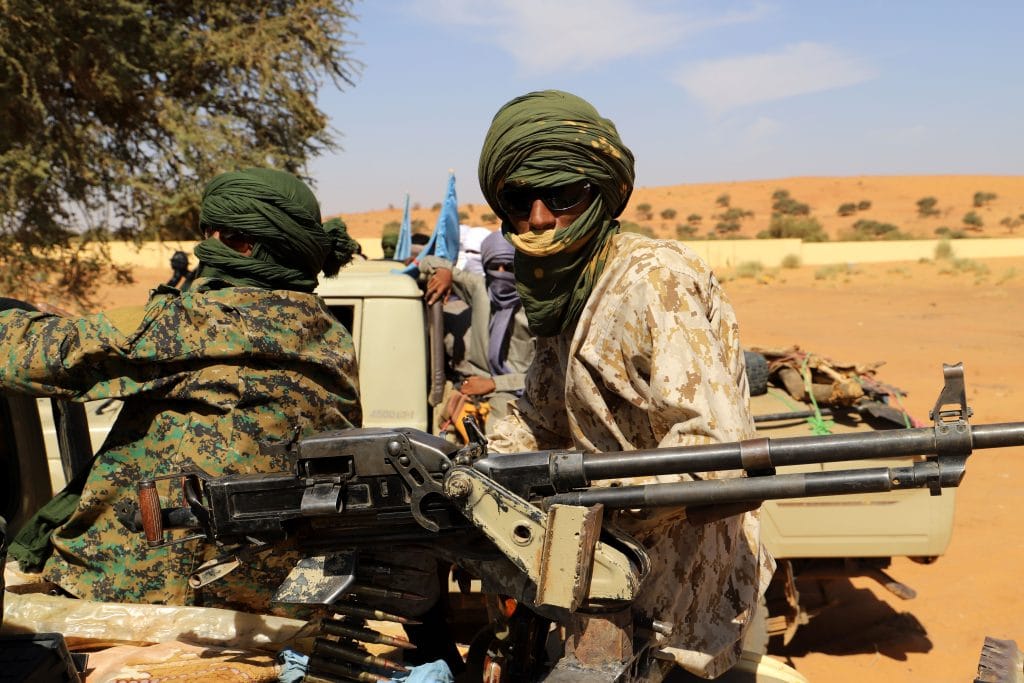Mali’s armed forces announced the killing of at least 80 militants following a series of coordinated assaults on military positions in central and western regions of the country.
According to a statement broadcast on national military television, the attacks targeted seven locations across Mali, including areas near the borders with Senegal and Mauritania. The assaults, carried out in rapid succession, were attributed to the militia group Jama’at Nusrat al-Islam wal-Muslimin (JNIM), which later claimed responsibility and said it had overrun three army barracks.
The army confirmed that its forces had regained control and were conducting further clearance operations. In response to the violence, local authorities in Kayes and Dioïla imposed a 30-day overnight curfew to prevent further incursions.
Military sources said the attackers used tactics resembling earlier operations in the Sahel, particularly those seen in neighboring Burkina Faso, involving vehicle-borne explosives and small arms.
Mali, under military leadership since 2020, has struggled to contain multiple armed groups operating in the region. Many of these militias, including JNIM, have pledged allegiance to international terror networks, contributing to the prolonged instability.
In May, U.S. Africa Command (AFRICOM) commander General Michael Langley described the Sahel as the world’s new “epicenter of militancy,” warning that armed groups may soon expand operations to coastal West African states, increasing their access to illicit funding streams including smuggling, arms trading, and trafficking.
As Mali faces mounting security and humanitarian pressures, observers say the latest attacks underline the challenge of restoring order across the volatile region.



